Ulster says ‘yes’: the people of Northern Ireland know that they are better off in

In the 1975 referendum on UK membership of the European Economic Community, the result in Northern Ireland was on a knife-edge. In contrast to the rest of the country, which saw overwhelming support for staying in, the ‘Yes’ campaign won with just 52% of the vote.
How times change. A new poll, commissioned by one of Northern Ireland’s biggest banks, has today shown great enthusiasm for the UK’s place in Europe. According to the poll, 58% would vote to stay in, compared to just 16% who would vote to leave. This should not be a surprise. It is clear that EU membership has been overwhelmingly positive for Northern Ireland.
Take the economy. Nearly one in ten of Northern Ireland’s exports are sold to the Republic of Ireland – a much higher proportion than for Britain. What’s more, it is a growth market for Northern businesses, with a 10% increase in exports in 2013/14. The taxes and red tape that would ensnare Northern Irish exporters following a Brexit would prove deeply damaging. It is little wonder a Stormont study earlier this year found Brexit could cost Northern Ireland £1bn a year.
Foreign businesses invest in Northern Ireland, as they do in the rest of the UK, to sell to the European market. If we fell out of that market, it would become that much less attractive to investors. This is especially true given the proximity of the Republic, with its 12.5% corporation tax rate and long history of hosting foreign companies. Indeed, it has been reported that aerospace giant Bombardier, Northern Ireland’s largest company, could reconsider its position in the event of a Brexit. And the Irish government is hopeful of picking up an extra €15bn in foreign direct investment should the UK quit the EU.
Northern Ireland is a huge net beneficiary of the EU budget. Due to its relative poverty and large agricultural sector, it received €2.4bn from Brussels over the 2007-13 period, and is expected to get €500m in cohesion funding over the next five years. This funding is spent by the Northern Irish Executive on projects that create jobs and growth. A good example is the new Giant’s Causeway Visitor Experience, to which Brussels contributed £6.1m. It has proved to be a pillar of the local economy, attracting 320,000 visitors in its first six months alone.
The land border with the Republic of Ireland is one of the things that sets Northern Ireland apart from the rest of the UK. With the abolition of border controls, popping across the border to do some shopping or fill up the car, or visit friends, has become a way of life. Were the UK to leave, the Common External Border of the European Union would suddenly run through the Ulster countryside. This would undoubtedly disrupt the flow of people and goods across the border.
The EU has played a role in developing the Northern Irish peace process. The PEACE programme has brought together individuals and organisations from both communities, and from both sides of the border. Additional EU funding provided €225m to build a shared society in the Province over 2007-13. More importantly, shared membership of the European Union has given the UK and the Republic of Ireland a platform on which to co-operate and build trust on all issues, contributing to a warming of relations. A Brexit could destabilise the harmony that has developed between London, Dublin and Belfast.
It has repeatedly been said, by Scottish nationalists and unionist alike, that a British exit from the EU could lead to another referendum on independence. Likewise, we should not rule out the possibility that, were Northern Ireland to be wrenched out of Europe against its will, a resurgence in support for Irish unification could take place. This would prove a further blow to the precious stability that Northern Ireland has achieved over the past 20 years.
The importance of the EU to Northern Ireland is appreciated by its people. They realise that being part of the world’s largest market creates jobs, that the free movement of people makes life easier, and that Brussels looks after places that have historically struggled. And they realise that leaving would put all of these advantages at risk.
Anti-Europeans have no answer to Obama’s message that Britain is better off in
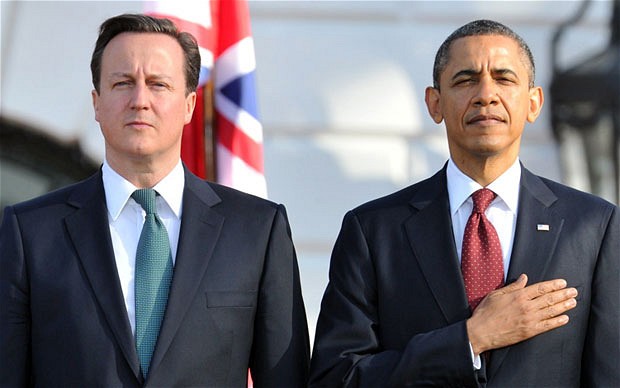
Eurosceptic attacks on Barack Obama's pro-European comments are misjudged, says Business for New Europe.
During this referendum campaign we need a proper debate, not propaganda
Dr Simon Usherwood, Senior Lecturer in European Politics at the University of Surrey, explains why voters should ignore eurosceptic propaganda and base their votes on the facts.
£933 richer outside the EU? Not so fast...
Lower taxes, cheaper food and cheaper clothes are among the things Business for Britain's "Change, or go" promises you if the UK leaves the EU.

Sounds too good to be true? That's because it is. Let's run through the problems with Business for Britain's calculation.
1. Stopping Britain's payment into the EU budget: £9bn saved

Unless you would want to leave the EU single market entirely - which would be distastrous - the UK could not simply keep the money it currently contributes. To continue to trade freely with EU countries, Britain would have to join the EEA or EFTA after leaving the EU - both of which come at a cost. In the case of Norway (EEA), it is almost as much as the UK pays per capita.
2. Leaving the Common Fisheries Policy: £2.8bn saved

While it is widely acknowledged that the EU's Common Fisheries Policy is far from perfect, the issue with this figure lies once more with Business for Britain's confidence in predicting future government legislation.
"Change, or go" admits as a "caveat" that there is no telling what a future fisheries policy would look like, that fishermen with existing access to British fishing grounds will likely continue to have access, and that it may take generations for financial gains to materialise - but is quick to point out that at the same time it would save us all £2.8bn.
3. Ending "EU burdens passed through Council Tax": £500m saved

On VAT, Business for Britain's report arbitrarily picks five areas and assumes that the UK government would scrap tax on them entirely if it left the EU. It then goes on to assume that government would eliminate tax on petrol, beer and wine among others, simply because it left the EU.
But there is more: safe booster seats for children? Tachometers in buses? Business for Britain identifies these measures as an attempt by the EU to increase your Council Tax. Needless to say it is assumed that a post-Brexit government would not hesitate to scrap these requirements! After all, who wants to know how fast or far a bus is going when we could be free of these "increased operating costs"?
4. Lower product shelf prices as a result of leaving the EU: £5 saved per person

Have a look at Business for Britain's criticism of the Waste Electrical and Electronic Equipment Recycling Directive. The theory goes that eliminating the regulatory cost of reducing waste output will result in cheaper product prices for all of us. But has it not occurred to the authors that firms also have to pay for waste disposal and recycling, which would also be reflected in consumer prices? We will leave it to Business for Britain's experts to hypothesise on this one...
If that is not enough to undermine the reliability of the figure, page 825 of "Change, or go" points out that "once again, there is no easy mechanism for translating potential UK savings in these areas into a cohesive single assessment" - before going on to do it anyway. In other words: They simply have no idea, but they gave it a shot anyway.
5. Leaving the EU results in cheaper clothes: £146 saved per person
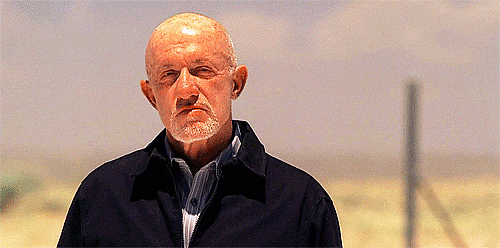
"Change, or go" itself points out prominently that this figure is speculative. Business for Britain assume a 12% reduction in all clothing costs, citing tariffs. However not all clothing imports face a 12% tariff, and so the calculation is unreliable. For example, importing gloves from India would only face a 7.6% tariff.
It also assumes that British government would get rid of all import tariffs, which could trouble domestic production and swamp the market, making competition for brands like Burberry harder if not impossible.
Besides this, to leave the common customs tariff would mean a tariff on every import and export between the UK and EU member states, resulting in immense costs for British manufacturers.
Looks like Business for Britain's £933 promise is an empty one.

Quitting the EU over immigration would hurt jobs and public services
Eurosceptic calls to quit the EU over immigration don’t give a true reflection of how immigration benefits Britain’s economy and public services. That is BNE's response to the latest section of Change or Go, a report by anti-European group Business for Britain.
It is certainly novel to see a business group promoting policies which will directly damage British business. As this report admits, recent studies have shown “a net economic benefit from EEA migration.” British businesses – most recently the housebuilder Crest Nicholson and the recruitment company Manpower – are solidly in favour of the free movement of workers in order to fill UK labour shortages. No visa system would be as effective in doing this as the EU’s free movement of people.
As Business for Britain’s report makes clear, leaving the EU would not automatically mean we could close our borders. In order to continue to be part of the world’s largest market, we would need to accept free movement of people. Norway and Switzerland both have to accept EU migrants in order to continue their membership of the single market. Leaving the Single Market in order to marginally reduce net migration would be an appalling trade-off.
It is right that migrants should not take advantage of the welfare state, which is why the Prime Minister is pushing for reform to tighten up the rules. As our paper last year this is highly possible by working primarily through domestic policy.
There is also no guarantee or certainty over what would happen to the two million Britons who live in the rest of the EU. While the Vienna convention might protect current expats, those who wished to emigrate in future could face terrible difficulty – including those who want to be reunited with family members who already leave the EU. It also requires a very broad interpretation of the Convention to assume that all legislative acts of the expats’ home state would be continued after a Brexit. They could lose various benefits and face a harder standard of living.
It is encouraging to see Business for Britain coming down off the fence they have occupied for so long. Like yesterday’s instalment on foreign policy, their report on immigration explicitly advocates leaving the EU, without a word about renegotiation. It is now clear that Business for Britain, far from supporting David Cameron’s renegotiation agenda on migrant benefits, are set on taking Britain out of the EU.
Don’t hold your breath for next week’s summit - Merkel’s latest comments imply renegotiation will be a marathon, not a sprint

Angela Merkel's speech to the German parliament shows that the renegotiation process will take time.
What would leaving the EU really look like?
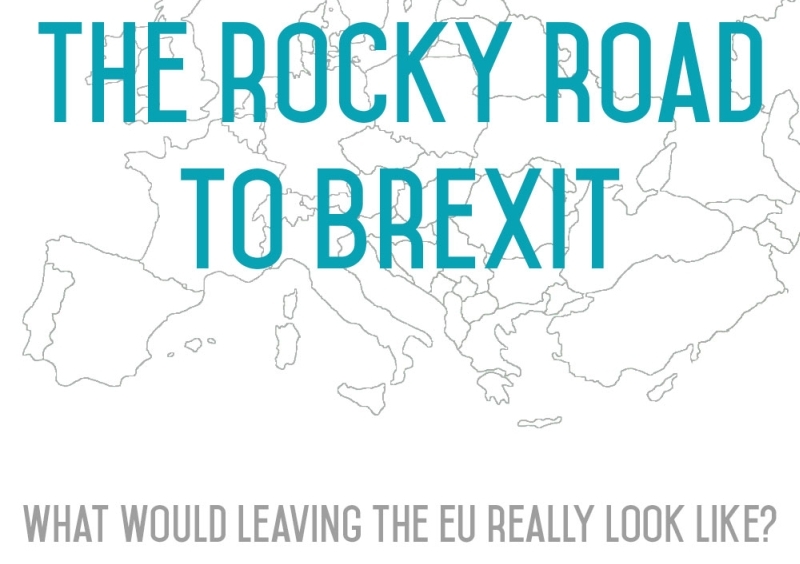
Britain's prosperity depends on trade with Europe. If the UK were to leave the EU, we would have to find a new relationship to help our businesses export to the European single market. But while there is no shortage of predictions about how a different relationship with Europe would impact Britain, most people do not know what this really entails.
BNE takes a look at the three most commonly cited "Out" scenarios and sets out the step-by-step process involved in arriving at them, along with the obstacles and pitfalls that accompany it.
(Click on a banner to see the full infographic)
#EURef? What the different election results could mean for the prospects of an EU referendum
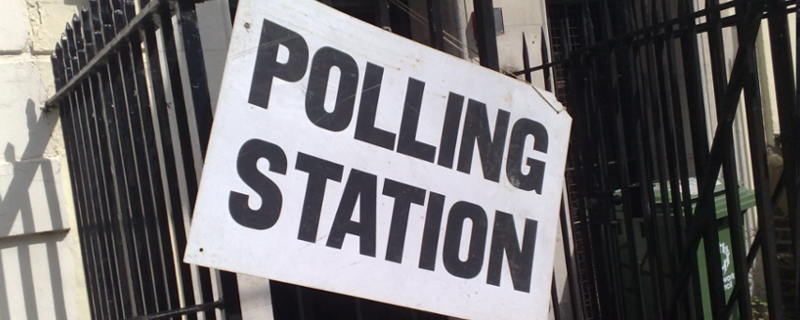
Business for New Europe analyses the various possible results in the least predictable British general election for a generation, and what they mean for Britain's future in Europe.
Building a better Wales in a better Europe
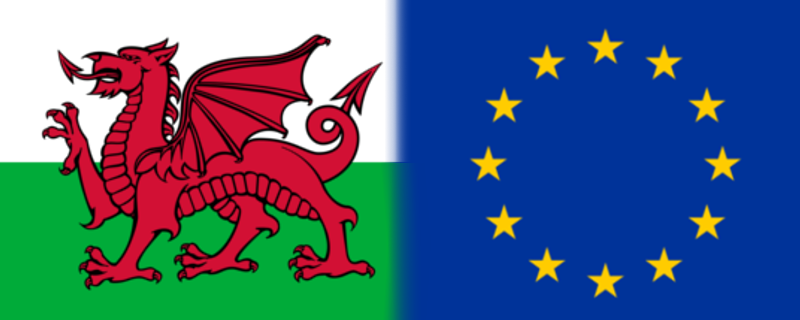
Jill Evans, MEP for Wales from Plaid Cymru, explains why Wales is better off inside the European Union.
Where do the parties stand on Europe in their manifestos?
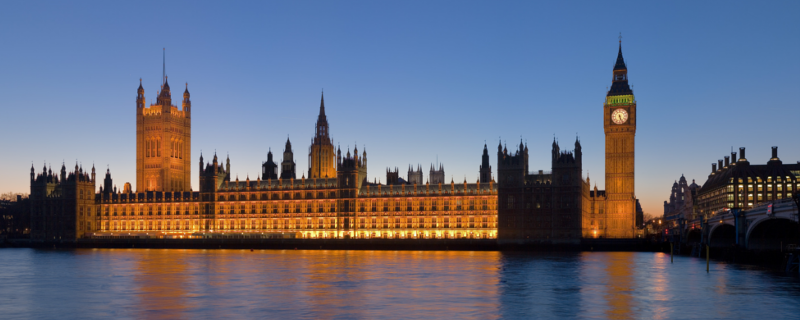
With little over two weeks left until the general election, BNE takes a look at the national party manifestos to see where each political camp stands on the European Union.
As our EU membership remains of vital importance for businesses and the UK economy, BNE remains committed to making the positive economic case for Britain in a reformed EU.



